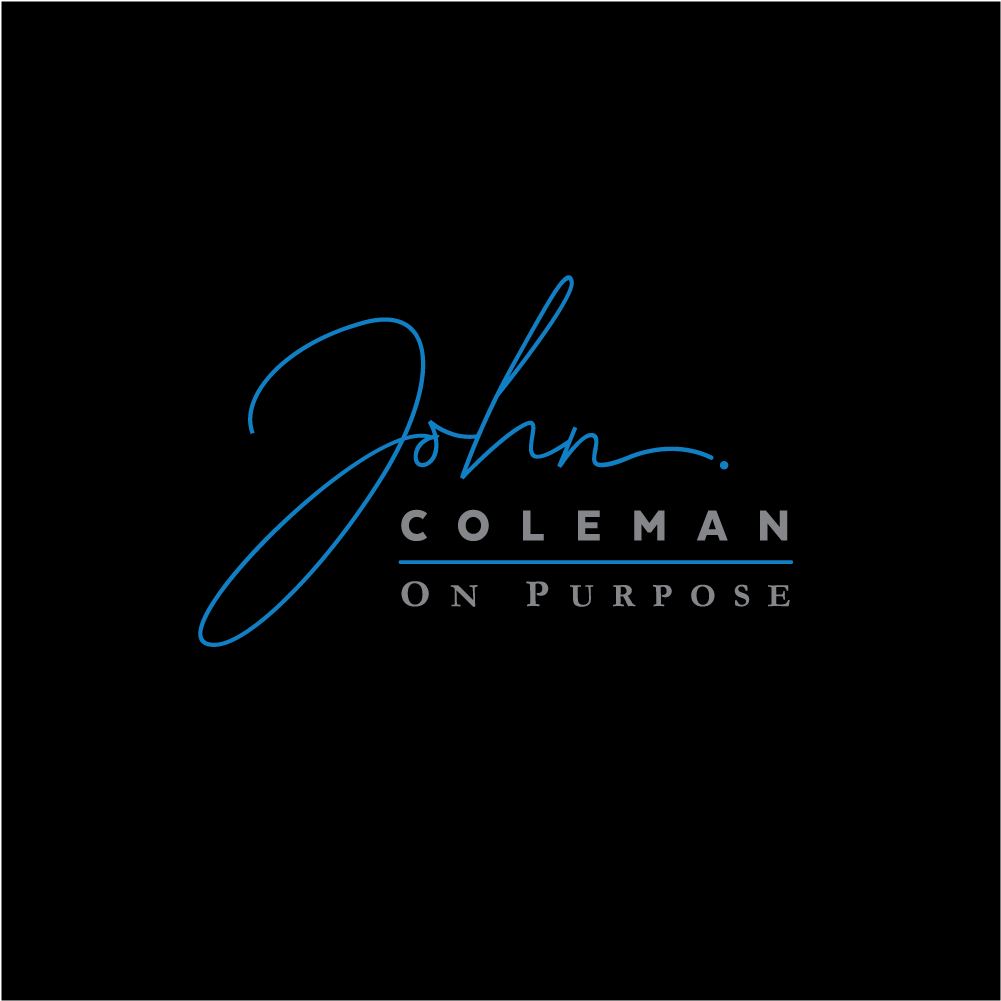All Investing is Impact Investing
This spring, a tiny investment firm made waves by disrupting one of the world’s largest companies. Five months earlier, the upstart investment manager Engine No. 1 began lobbying Exxon to more aggressively confront climate change. Though Engine No. 1 owned only 0.02% of the shares of the energy giant, it convinced the asset managers who control massive holdings of almost every publicly traded firm in the world—Blackrock, State Street, and Vanguard—to back its play; and on May 26th the little activist investor gained two board seats at Exxon and a mandate to radically revamp one of the largest organizations in the world.
This is nothing new. In 1971, holding just 0.004% of General Motors shares, the Episcopal Church offered a resolution at GM’s annual meeting to cease manufacturing operations in apartheid South Africa. The move was supported by GM’s lone black board member, Dr. Leon Sullivan, a pastor of the Zion Baptist Church in Philadelphia. It was ultimately defeated, garnering only 1.29% of the vote, but ended up shifting G.M.’s policies in South Africa resulting in the adoption by IBM and GM of the “Sullivan Principles” in 1976. Today, public battles over the direction of companies are often fought between activist groups, investors, and company management teams over issues as diverse as racial justice, voting rights, climate change, and gun control.
Adjacent to the activist sphere, “impact investing”—investing which prioritizes a missional objective over returns—has swept the world, resulting in micro-finance to help small entrepreneurs in developing nations, infrastructure for water and electricity in neglected areas, and other social initiatives. And ESG investing—which prioritizes holding companies accountable for positive “environmental, social, and governance” policies is now mandated by almost every large institutional investor in the world.
In truth, all investing is impact investing. Every dollar we put to work has impact. Large asset managers vote passive shares held by tens of millions of people around the world, often with defined agendas shareholders of those funds know little about. Hedge funds take over company boards and force change. And small venture and private equity firms own and guide the businesses in our local communities. Every day, the holdings of individual men and women in 529 and 401k plans, individual accounts, defined benefit plans, and donor advised funds are quietly shaping the culture and agenda of corporations, start-ups, and small businesses. And these investment dollars have enormous social impact.
But Investing is hard enough as it is. And few individuals or institutions have the capacity to analyze every investing decision they make for its impact on society and culture. So, what can the average institution or individual interested in investing according to its principles do? A few thoughts:
Make conscious decisions about your investing strategy and values. You or your institution (e.g., pension plan, endowment, employer) likely have a giving strategy or a corporate mission. You also operate by a set of values. What are the values you hope to reinforce with your investing? And what is your strategy for impact? Take a moment to actually write down a mission and values for your investment dollars and contemplate those areas (e.g., international development, healthcare, education, etc.) in which you hope to have the greatest effect. This is particularly important for charitable dollars. We are often very thoughtful about our giving strategy. But many charitable foundations distribute as little as 5% of their assets annually without being similarly thoughtful about the impact of the 95% that remains invested. And individual charitable dollars are an even smaller component of overall assets. Learning to consider the impact of the 90% of our dollars which are invested versus the 10% which are given is an essential path to more holistic social impact.
Support firms and leaders aligned with your values. Few individuals or institutions have the capacity to both pursue market returns and vigilantly monitor the impact of the money they deploy. But you do have the option to invest through advisors and investment consultants and with asset managers or companies you can trust to act on your behalf—those which are mission-aligned and dedicated to ensuring both financial success and impact. Trusting our capital to values-aligned parties can offer a shortcut to more careful investment choices. Today, a host of wealth managers and investment managers exist which specifically serve people of different values or faiths. Leveraging them can allow you to have greater confidence that your values are being reflected in your investment decisions without you having to study every position you take.
Use your voice. Most shareholder voting in America is guided by a few large firms—proxy voters like ISS and Glass Lewis and passive investors like Blackrock and Vanguard. As Engine No. 1 shows—marshaling the votes of those organizations can dramatically change a company’s direction. Talk to your index provider, investment manager, or advisor about issues important to you. If you hold individual stocks, use your shares to vote on important issues and make your voice heard. And if you’re an investor in venture or private equity funds, you can encourage your funds to represent your values with the companies they back—many of which may operate in your own community and over which these firms have great influence or control.
In all of this, the perfect need not be the enemy of the good. We may decide not to weigh in on certain issues or to allow pluralism in beliefs on certain subjects in our portfolios. No company or investment firm will hold exactly our values, nor should they. Pluralism is a value in itself. But we can at least be conscious of the most important values our portfolios proactively represent. Almost all of us have a stake in global markets, and those stakes can have purpose. All investing is impact investing. What impact will we have?
This is an adaptation of an article previously featured at Faith Driven Investor.


